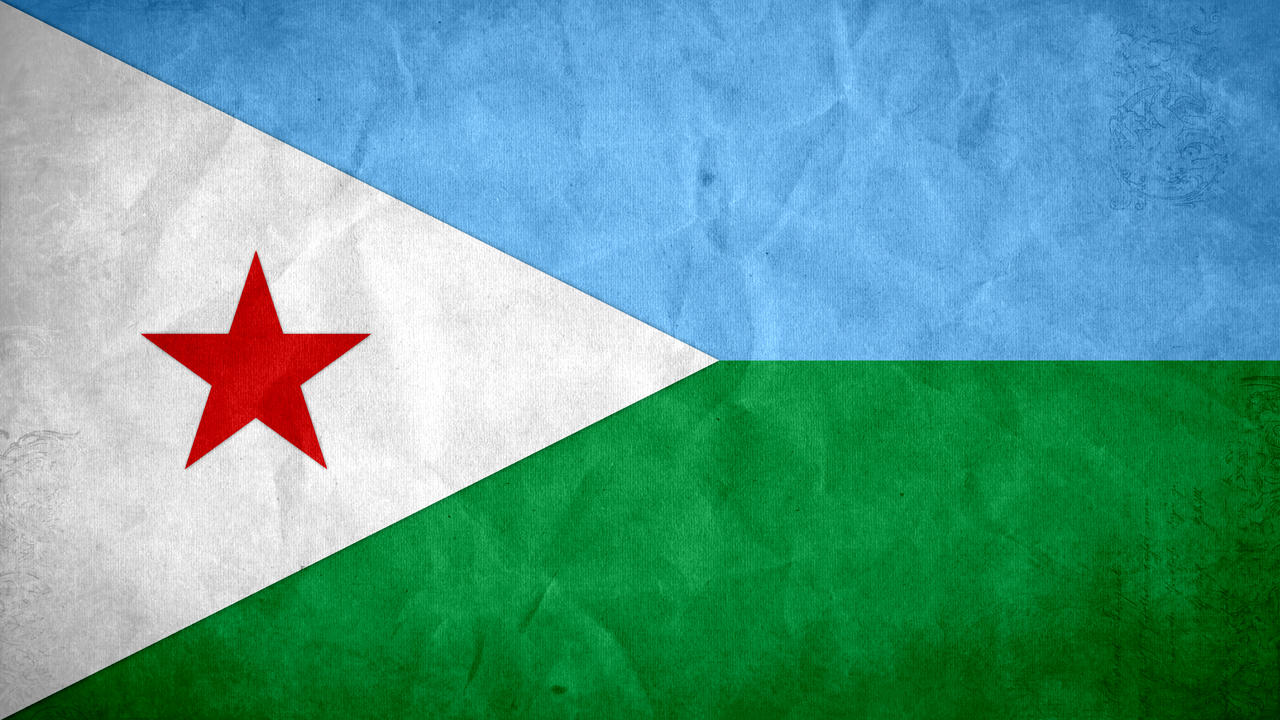New Years Day (January 1): Like most places, New Year’s celebrations are a big deal.
Schools and most businesses are closed on this day. A lot of people like to bring in the new year with large
parties that last until the sun rises.
Birthday of Mohammed (varies, January-February): Also called
Mawlid al-Nabi. This holiday is fairly a big deal for most Djiboutians. In many towns, people will gather
together as a community to slaughter a sheep or goat in order to give its meat
to charity. Since there is no
school and most businesses are closed, many people attend special prayers at
their mosque and readings from the Qu’ran are heard.
Labour Day (May 1): Also known as International Worker’s
Day. It not only celebrates the international labor movements and labor unions,
but also the individual workers and labor issues that need to be
addressed. One of the largest
labor issues in Djibouti is the large unemployment number – most estimates are
between 50-60% unemployed. Most of the people living in rural areas work in
subsistence agriculture, for which there is no labor union. Most of those who are working do not
earn a living wage, and the established workweek is 48 hours/6 days a
week. There are reports of
trafficked persons and forced labor.
Child labor (workers under 16 years old) is also a problem and actually
against the law. But there is a shortage of labor inspectors, so no one is
really punished or fined. Likewise,
there are also established safety standards and laws on the books towards this,
but without safety inspectors, who’s to enforce it?
End of Ramadan (varies, July-August): Also called Eid
al-Fitr; or in Somali, it’s known as Ciid Yare. This holiday is a huge celebration that is held on the last
days of the month-long fast known as Ramadan. While people may attend special prayers at the mosque, its focal
point is the huge feast people share with their family and close friends. Children may also receive small
presents, money, and new clothes.
Muslim New Year (varies, October-November): Also called
Muharram. It’s regarded as the first day of the month in which Mohammad made
his trip from Mecca to Medina. However, there really aren’t any universal
traditions associated with it, other than a general time for reflection. Probably why I wasn’t able to find much
info on this holiday.
Up next: art and literature




No comments:
Post a Comment